King’s College London and SUMAÚMA join forces to investigate transnational corporations
The first in a series on the Amazonian impact of cross-border companies will be published on October 2. This series is being debuted to mark the one-year anniversary of our platform
Eliane Brum, Altamira/Brasil e Octávio Ferraz, London/England
There is a growing awareness of how frequently large transnational companies are destroying nature and violating human and non-human rights. This is mostly because of the brave work being done by concerned people and civil society organizations who have been investigating and exposing these crimes, oftentimes at the risk of losing their lives. Thanks to the growing number of stories, reports, and studies released in recent years, it has become impossible to ignore the fact that the cost of producing many of the products consumed around the planet is the devastation of forests, pollution of rivers, and suppression of the rights of original and traditional peoples.
Yet legal accountability of those involved – or “transnational corporate responsibility,” as it is called – is still quite rare, providing an incentive for these large corporations to maintain and expand their destructive actions. This situation, which threatens future generations, is the result of a combination of factors, including inadequate and unclear legal norms when it comes to transnational corporate responsibility, difficulties in applying these norms, and challenges in collecting information – it is important to remember that violations frequently happen thousands of kilometers away from large urban centers, in inaccessible and oftentimes dangerous regions.
The need to hold transnational companies directly responsible for these damages is even more pressing in countries where the government lacks sufficient strength to effectively fulfill its duty to protect human rights and the environment. It is not by chance that these are the countries where most of the damage and violations occur. It is also in these countries where those fighting against environmental and social tragedy are at greater risk and are murdered with a disgraceful frequency. This has been the case in Brazil, which holds 60% of the Amazon Rainforest, along with other natural enclaves, including the Cerrado and Pantanal, with the country being one of the world’s leaders in murders of defenders of human and non-human rights.
With the goal of uncovering situations where corporations are potentially responsible for environmental damages and rights violations, the Transnational Law Institute and international journalism platform SUMAÚMA are joining forces to produce a series of investigations into this topic. The investigations will serve to support stories published in this new investigative journalism series – Unsustainable – as well as papers and reports within the Transnational Law Institute’s The Laws of our Sustainable Future project. They will also be available to authorities, universities, and researchers working with this topic – and, especially, to affected communities.
The Transnational Law Institute is a center for transnational law research, events, and actions, connected to the School of Law at King’s College London. Its main areas of study are human rights, democracy, the environment, and health. SUMAÚMA – Journalism from the Center of the World is a trilingual journalism platform based in the Amazon’s Xingu River basin, in the municipality of Altamira, Pará. It is focused on in-depth reporting from the forest and its peoples, based on the premise that the centers of a planet undergoing climate change are where life is – and not where the markets are. For SUMAÚMA, democracy in the twenty-first century only makes sense if it is capable of representing the rights of nature and non-human – or more-than-human – beings.
Articles
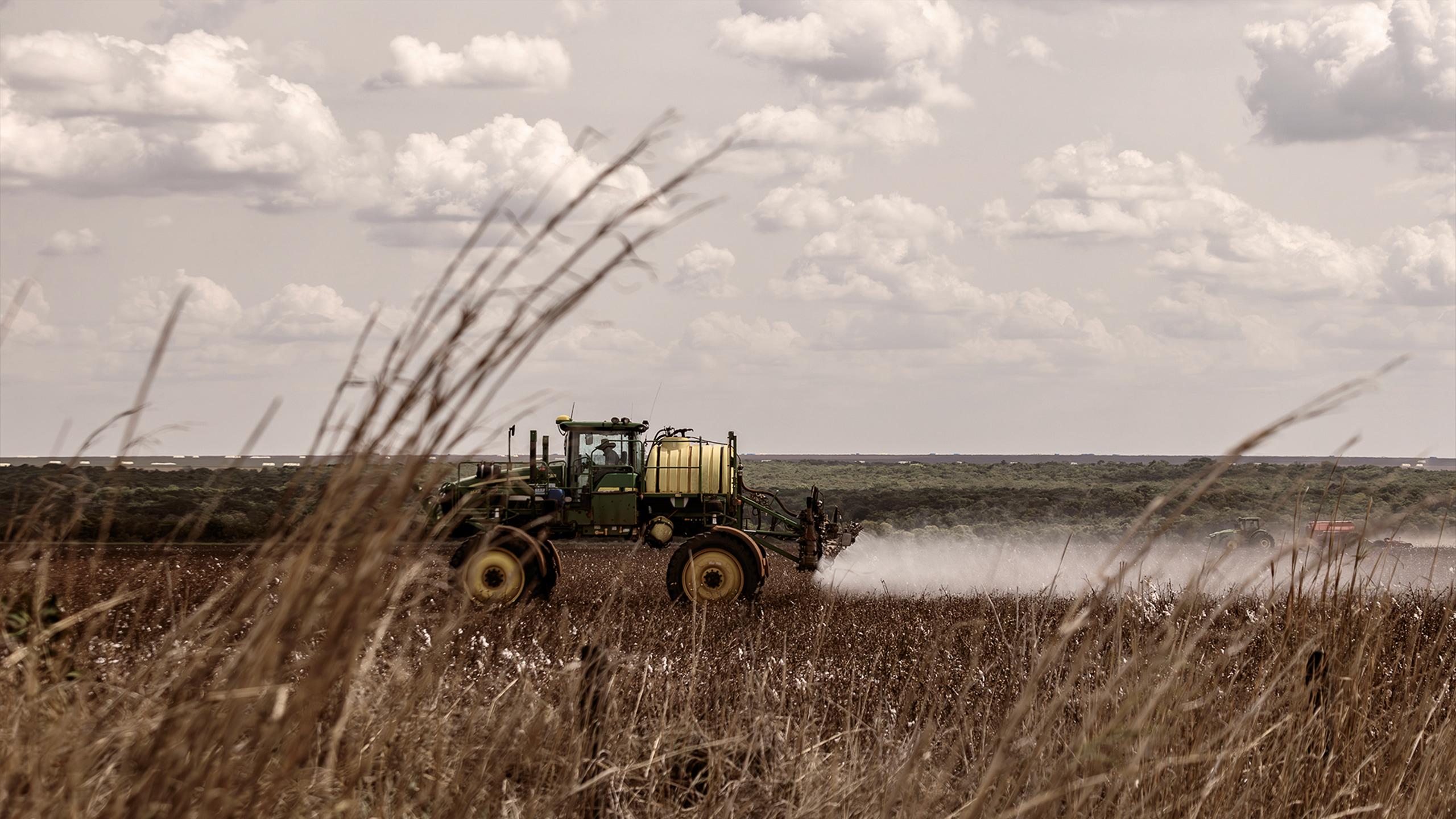
Prohibited outside of Brazil, multinationals’ agrochemicals contaminate the Amazon
SUMAÚMA obtained reports by the country's environmental regulator, Ibama, which show the world's biggest pesticide producers, like Syngenta and Bayer, keep “highly toxic” products, considered carcinogenic by the European Union, in circulation
Rubens Valente, Tirecatinga Indigenous Territory, Buriti River, Sapezal, Amazon
read article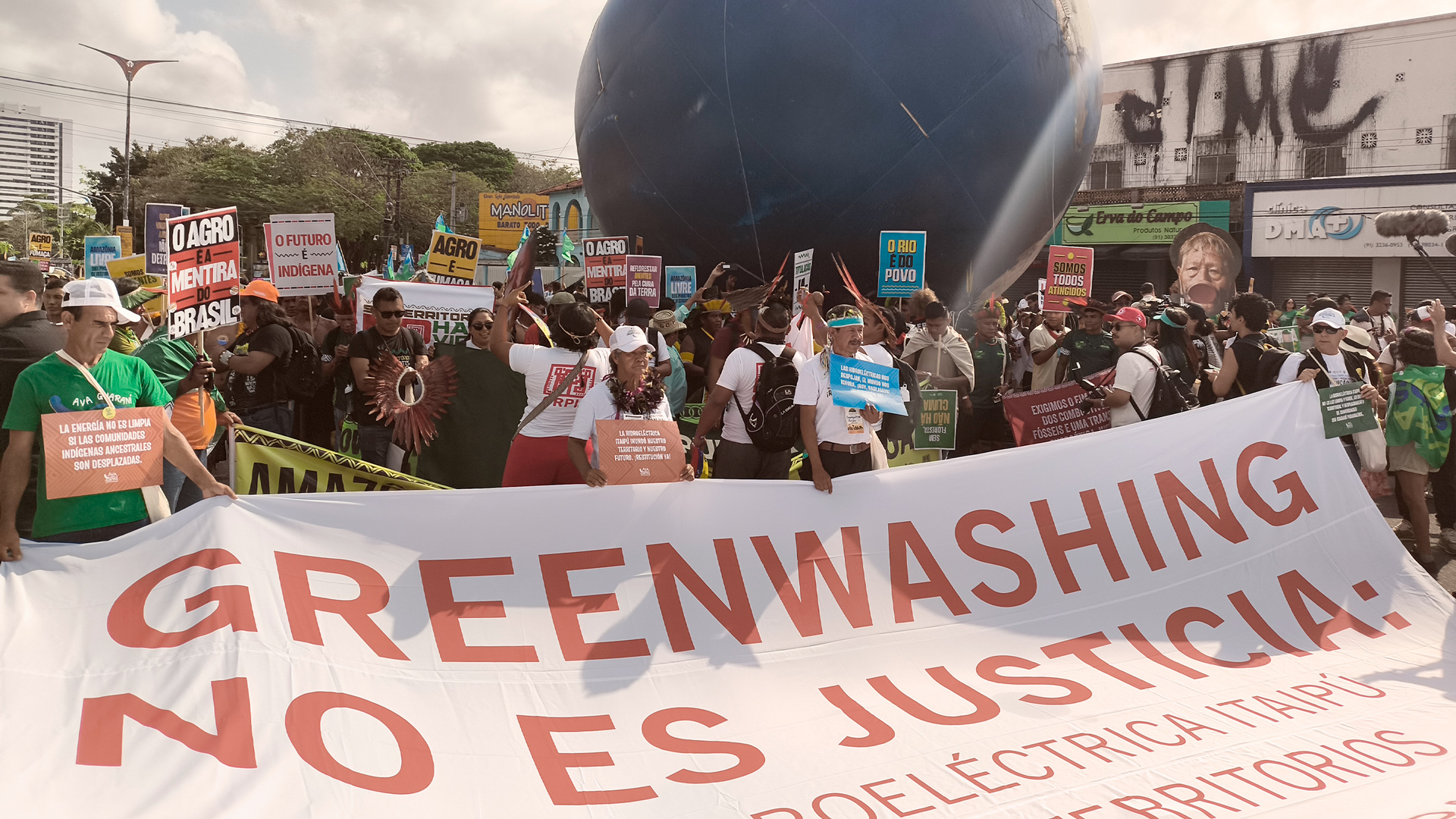
Greenwashing at COP30: ‘The bill is coming’
Hyury Potter, Guamá River, Belém, Amazon
Millions invested in infrastructure and events at COP30, all of which supposedly champion ‘sustainability,’ masked the interests of economic groups responsible for destroying the Forest at the planet's largest climate event
read article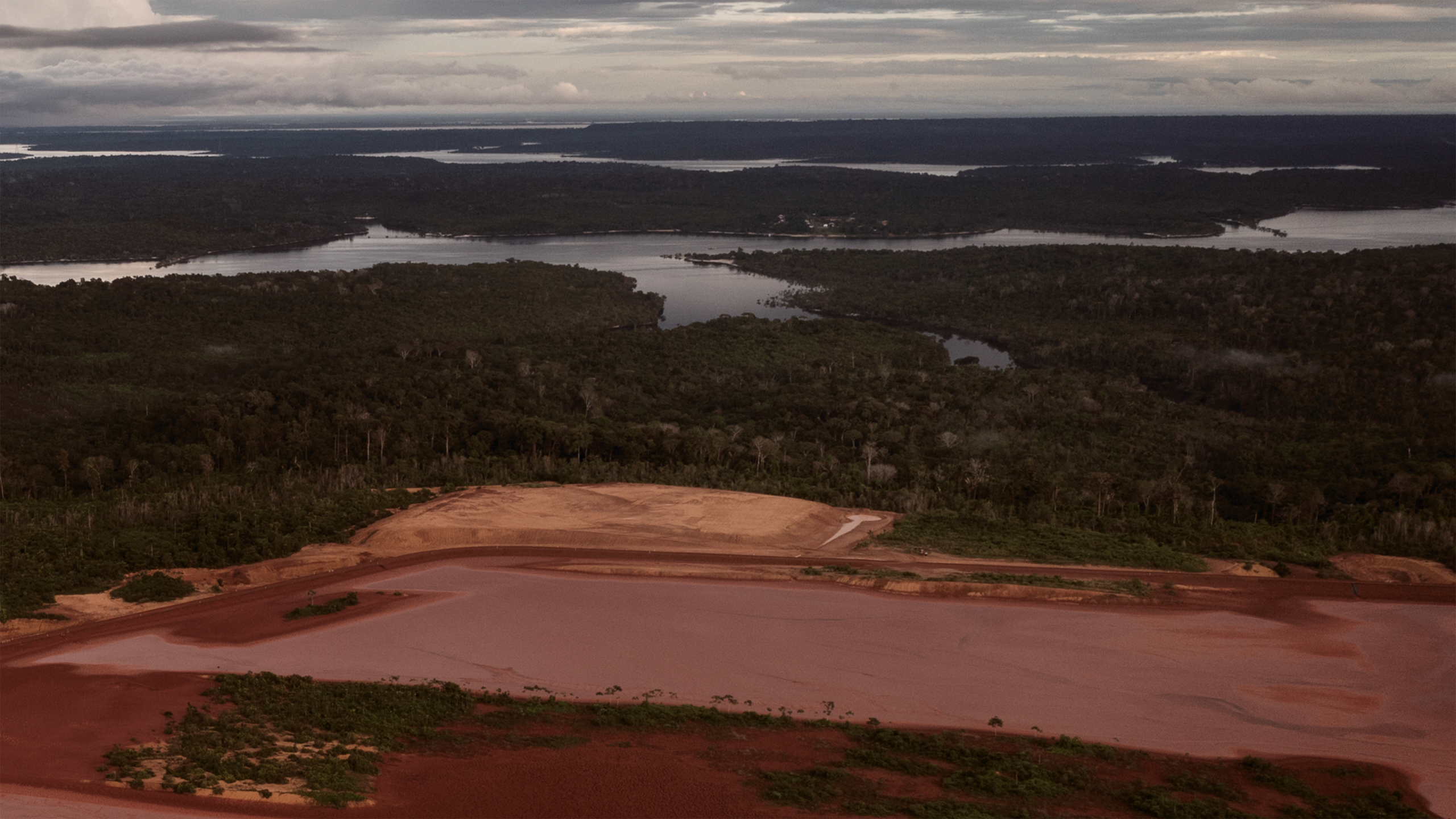
“The company took our wealth”: the struggle of Ribeirinhos who lost their river to Alcoa
By Hyury Potter (text) and João Laet (photos), Amazon River, Juruti, the Amazon – July 2, 2025
A US mining company with a history of environmental disasters wants to extract bauxite from the Serra do Uxituba, in Pará state, an area of conserved Forest and archeological sites
read article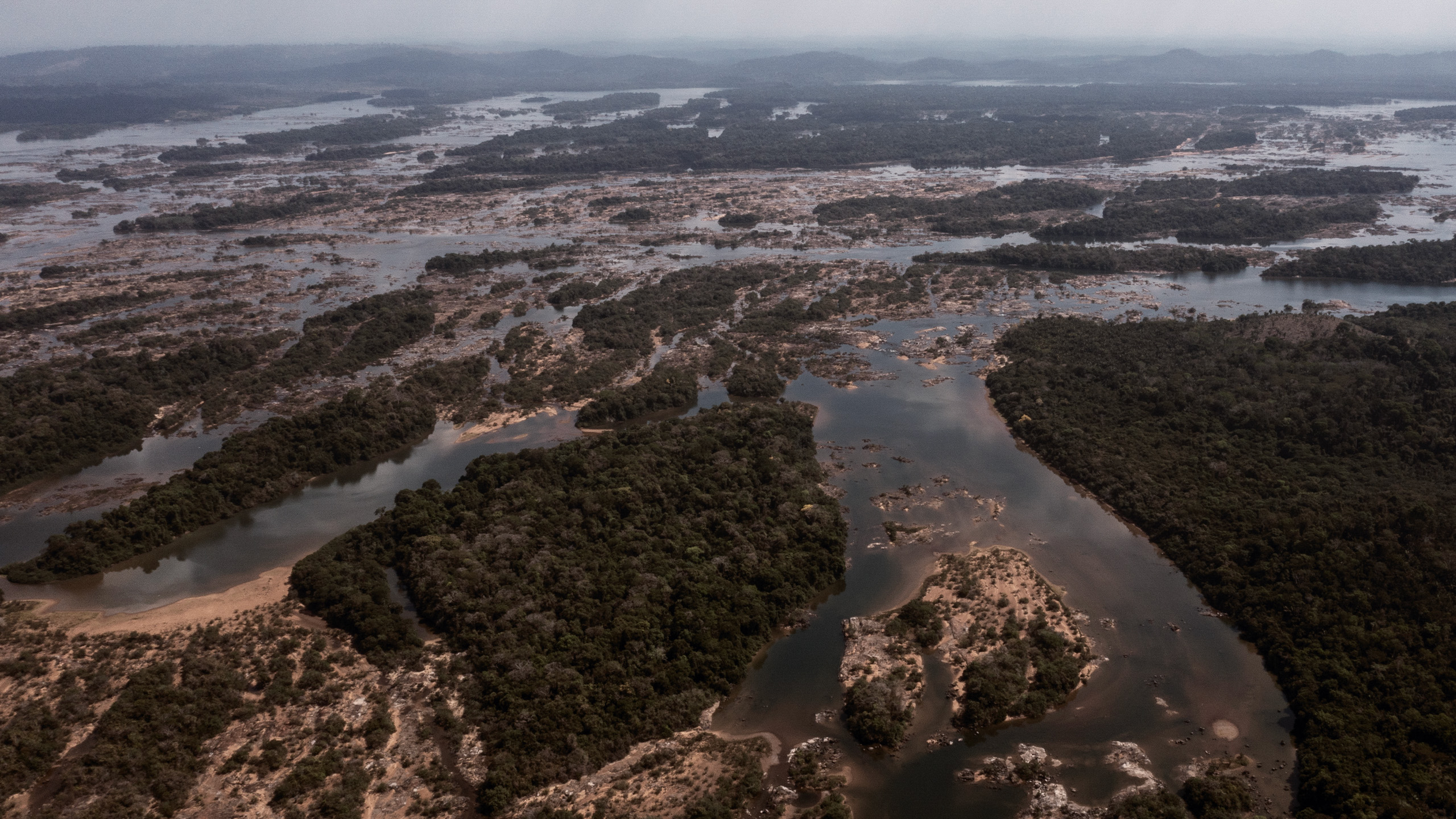
‘Divide and conquer’ – Belo Sun’s tactics cause consternation along Xingu river
By Hyury Potter (text) and João Laet (photos), Xingu River, Altamira, Pará – December 18, 2024
The Canadian gold mining company is accused of stirring up communal strife and other irregularities in an area already impacted by Belo Monte
read article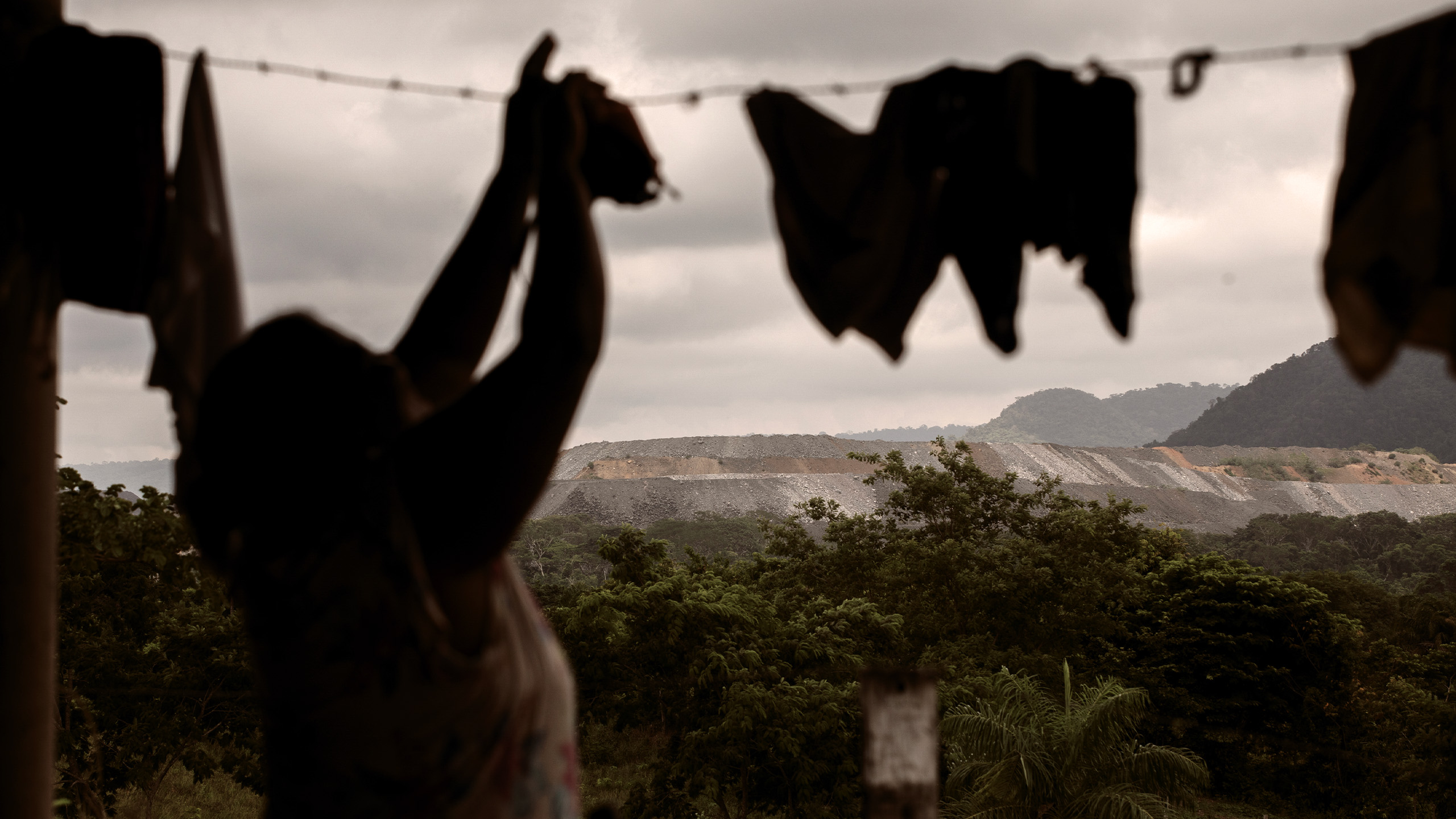
Vale usurps 24,000 hectares of public lands in the Amazon
By Sílvia Lisboa (text)* and João Laet (photos), Canaã dos Carajás, Pará – May 2, 2024
With the agrarian reform agency’s failure to act, a Brazilian multinational, that irregularly bought federal lands a few years ago, is now pressuring landless rural workers and striving to demobilize social movements in southeast Pará. Reporting done in partnership between King’s College London and SUMAÚMA
read article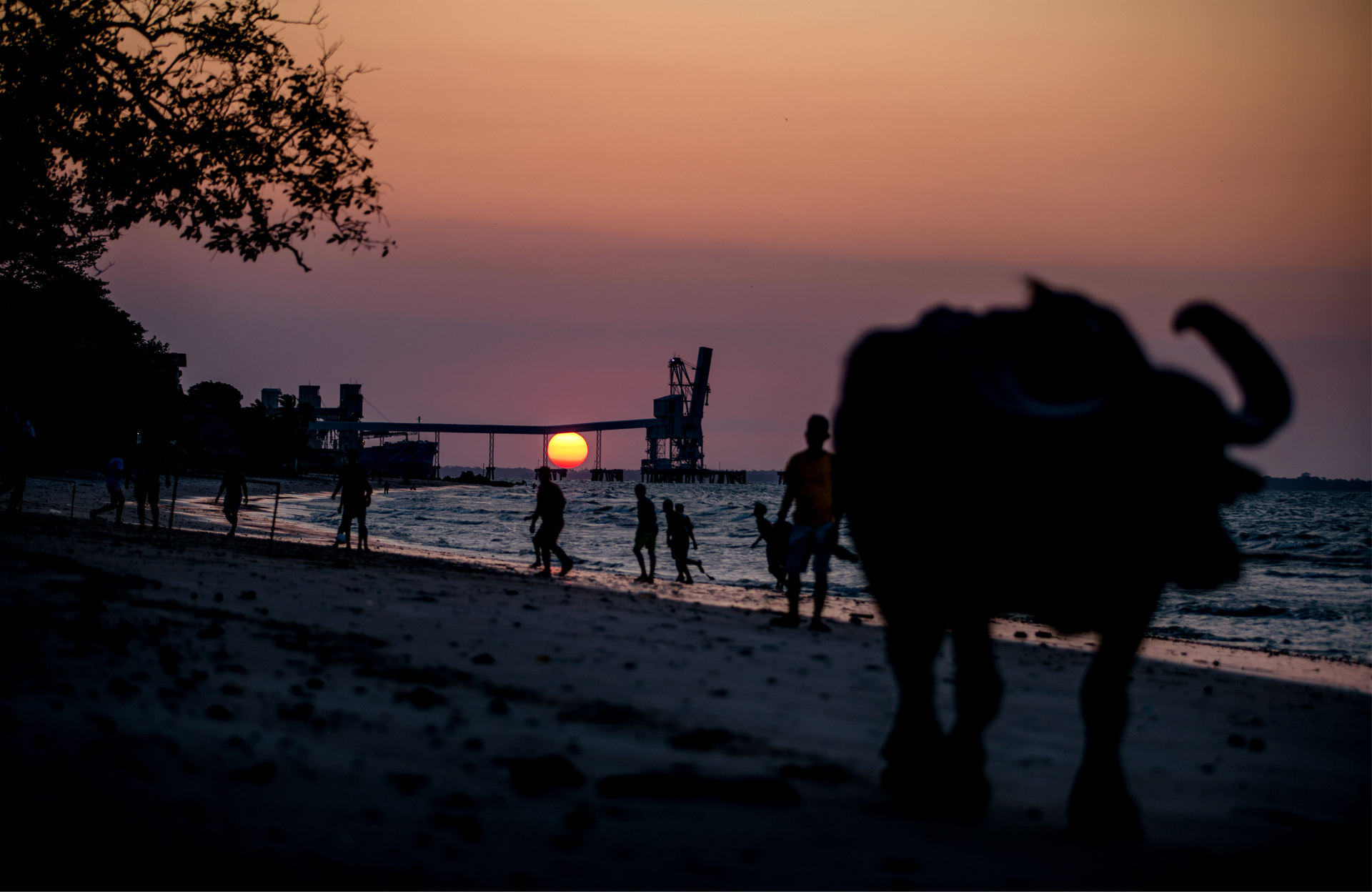
Norwegian and French companies turn Barcarena into a city of environmental disasters
By Helena Palmquist and Catarina Barbosa, Barcarena, Pará* – March 14, 2024
The Amazonian municipality has had nearly 30 accidents in two decades, 16 of them connected to Norway's Norsk Hydro and France's Imerys, and residents fear contamination from heavy metals and a 636% spike in cancer cases from 2000 to 2022
read article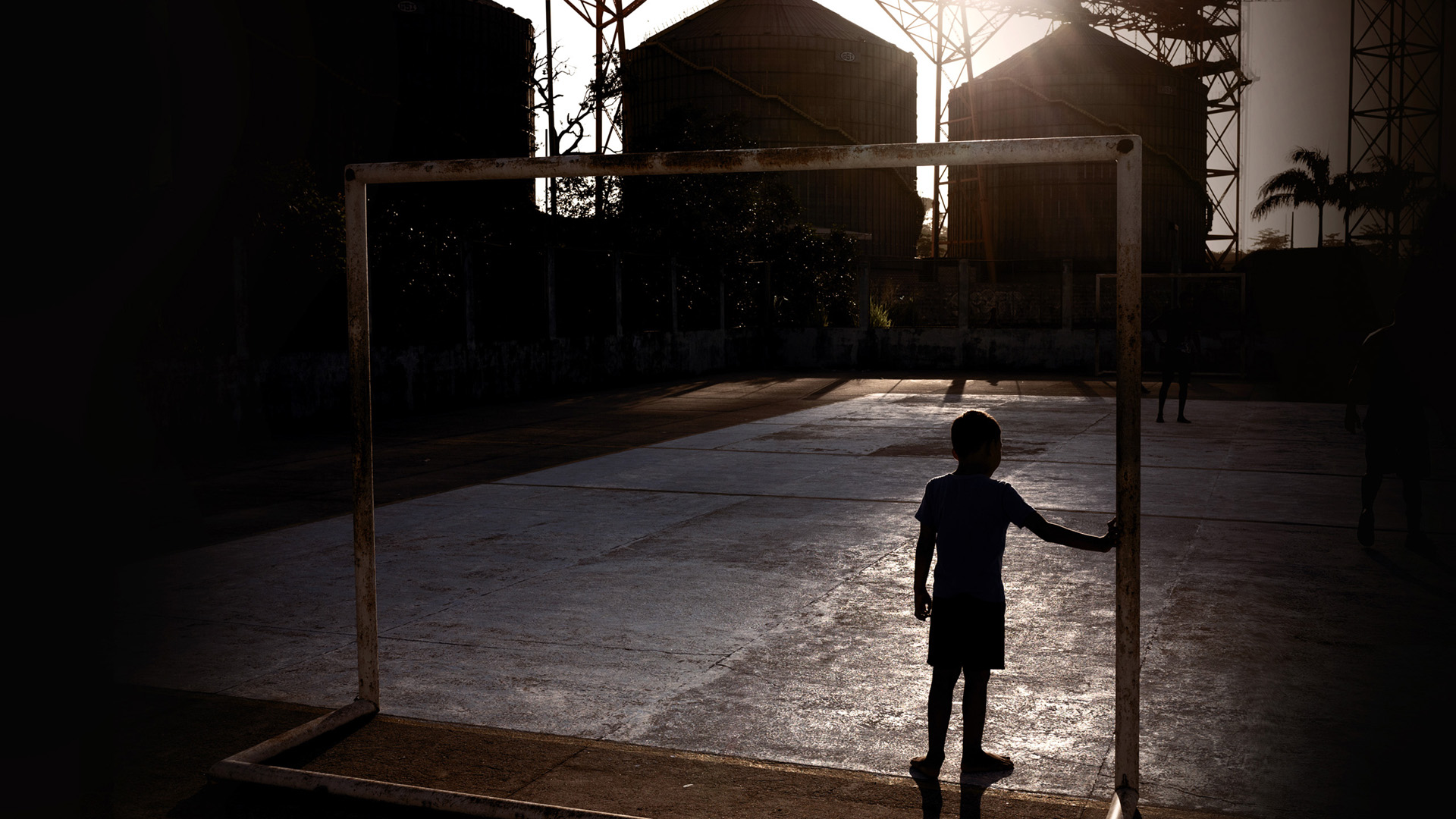
Cargill wants to expand its destruction in the Amazon
By Isabel Harari (text) and Alessandro Falco (photos), Abaetetuba/Pará – October 2, 2023
Despite failing to meet legal requirements, the U.S.-based corporation operates two ports exporting soy from Pará. Now it wants to build a third. Though the project has not yet left the drawing board, the Public Prosecutor’s Office suspects the proposed site around the Abaetetuba islands was irregularly acquired
read articleteam
Investigation coordinator
Talita Bedinelli
Ana Magalhães
Editors
Talita Bedinelli
Eliane Brum
Ana Magalhães
Assignment editor
Viviane Zandonadi
Fact-checking
Plínio Lopes
Douglas Maia
Bruno Lima
Legal review
Eloísa Machado de Almeida
Monica Filgueiras da Silva Galvao
Tais Borja Gasparian
Stephanie Lalier
Proofreading (Portuguese)
Célia Arruda
Elvira Gago
Valquiria Della Pozza
Spanish translation
Meritxell Almarza
Julieta Sueldo Boedo
José Luis Sansáns
English translation
Maria Jacqueline Evans
Sarah J. Johnson
Julia Sanches
Diane Whitty
Photo editor
Lela Brandão
Mariana Greif
Art editor
Cacao Sousa
Layout
Natália Chagas
Érica Saboya
Web design
Disarmegráfico
Creative director
Bruno Ventura
Design
Thaís Barbosa
Development
Mário Medina
Special project management
Juliana Laurino
Financial administration
Mônica Abdalla
Administrative assistance
Marina Borges
Project Directors
Eliane Brum
Octávio Ferraz